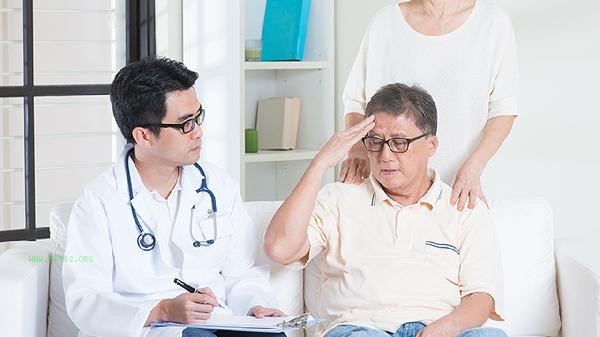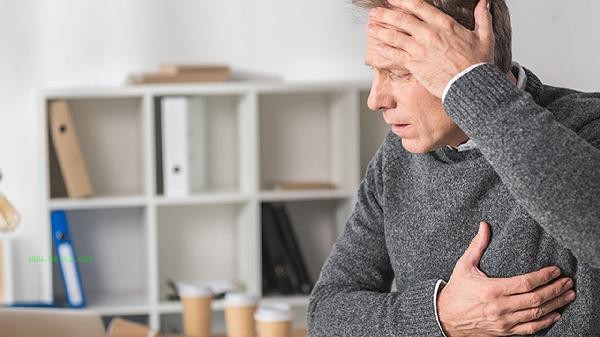Sudden increase in blood pressure can be quickly relieved through deep breathing regulation, medication intervention, posture adjustment, emotional management, and medical treatment. Sudden increase in blood pressure is usually caused by emotional fluctuations, medication effects, dietary stimuli, orthostatic hypotension reactions, or underlying diseases.

1. Deep breath regulation:
Immediately stop activity and perform slow abdominal breathing. Inhale for 4 seconds, hold for 2 seconds, exhale for 6 seconds, and circulate for 5 minutes to activate the parasympathetic nervous system. This method is suitable for emotional tension or mild blood pressure fluctuations, and can reduce heart rate by 10-20 beats per minute and systolic blood pressure by 15-30mmHg. Avoid rapid shallow breathing that exacerbates stress reactions.
2. Drug intervention:
Rapid acting antihypertensive drugs such as nifedipine tablets and Captopril sublingually taken by hypertensive patients can take effect within 15 minutes. Non prescription drugs must strictly follow medical advice, and blood pressure changes should be monitored when used in combination. When experiencing drug allergies or first-time attacks, other relief methods should be prioritized.
3. Position adjustment:

Immediately adopt a semi recumbent position to raise the head 30 degrees and lower the feet to promote blood flow back. Avoid sudden standing or lying down to increase the burden on the heart and brain, especially suitable for patients with positional hypertension. When measuring blood pressure, keep the elbow at the same level as the heart and sit still for 5 minutes before measurement.
4. Emotional management:
Closing your eyes and meditating or listening to soothing music can lower cortisol levels, and anxiety induced blood pressure spikes have a significant psychological regulatory effect. It is recommended to adopt a gradual muscle relaxation method, gradually relaxing muscle groups from the feet to the head, and combining it with mindfulness breathing for better results.
3. Medical treatment:
When the blood pressure exceeds 180/120mmHg accompanied by headache, vomiting, and blurred vision, emergency medical attention is required, which may indicate a hypertensive crisis. The emergency department will perform intravenous injection of urapidil and other antihypertensive treatments, while simultaneously investigating the causes of secondary hypertension such as pheochromocytoma.

It is recommended to maintain a daily sodium intake of less than 5 grams. It is recommended to adopt a balanced diet and consume potassium rich foods such as celery and spinach. Perform 150 minutes of moderate intensity aerobic exercise such as brisk walking and swimming per week to avoid explosive exercise. Quit smoking, limit alcohol consumption, and regularly monitor morning and bedtime blood pressure. For home self testing, an upper arm electronic blood pressure monitor should be used. After the sudden increase in blood pressure is relieved, a follow-up examination within 24 hours is still required. For those who have poor long-term control, the medication plan needs to be adjusted.








Comments (0)
Leave a Comment
No comments yet
Be the first to share your thoughts!